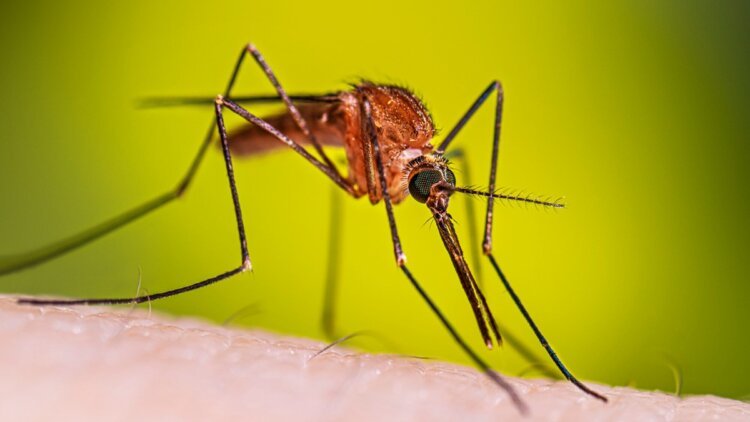A surprising discovery by scientists may change the future of mosquito control: nitisinone, a drug typically used for rare genetic conditions, has now been shown to kill mosquitoes shortly after they feed on treated human blood.
The findings, reported by the University of Notre Dame and Science Alert, explain that the drug blocks a key enzyme in mosquitoes—4-hydroxyphenylpyruvate dioxygenase (HPPD). Without this enzyme, mosquitoes cannot process blood meals, ultimately leading to their death.
This method is not only fast-acting but also highly effective against insecticide-resistant strains of mosquitoes, including older vectors that pose the greatest risk of transmitting malaria. That’s what makes nitisinone a standout in today’s fight against mosquito-borne illnesses.
Compared to existing drugs like ivermectin, nitisinone works quicker and remains active in the human bloodstream for longer durations, creating a longer-lasting barrier against mosquito bites. It essentially turns the human bloodstream into a trap—one that mosquitoes do not survive.
Lee R. Haines, Associate Research Professor at the University of Notre Dame, emphasized the drug’s potential as a vital new tool in malaria prevention. In regions where traditional interventions are failing, nitisinone could provide critical backup in protecting public health.



